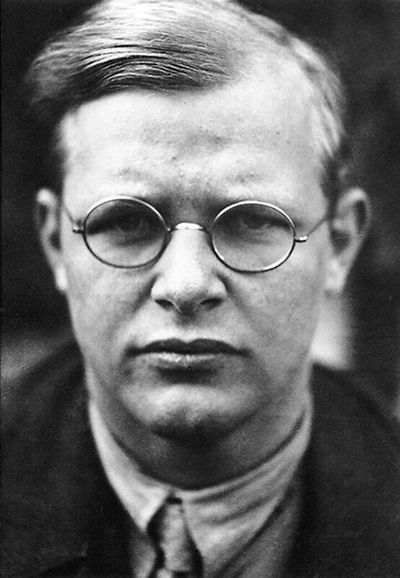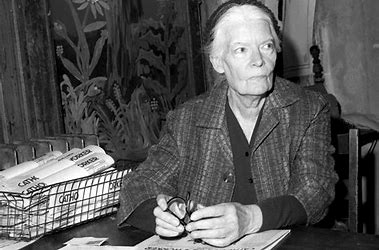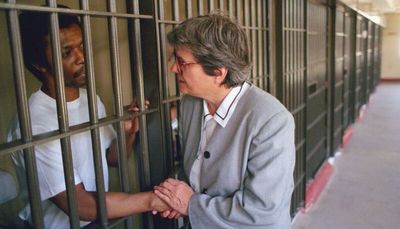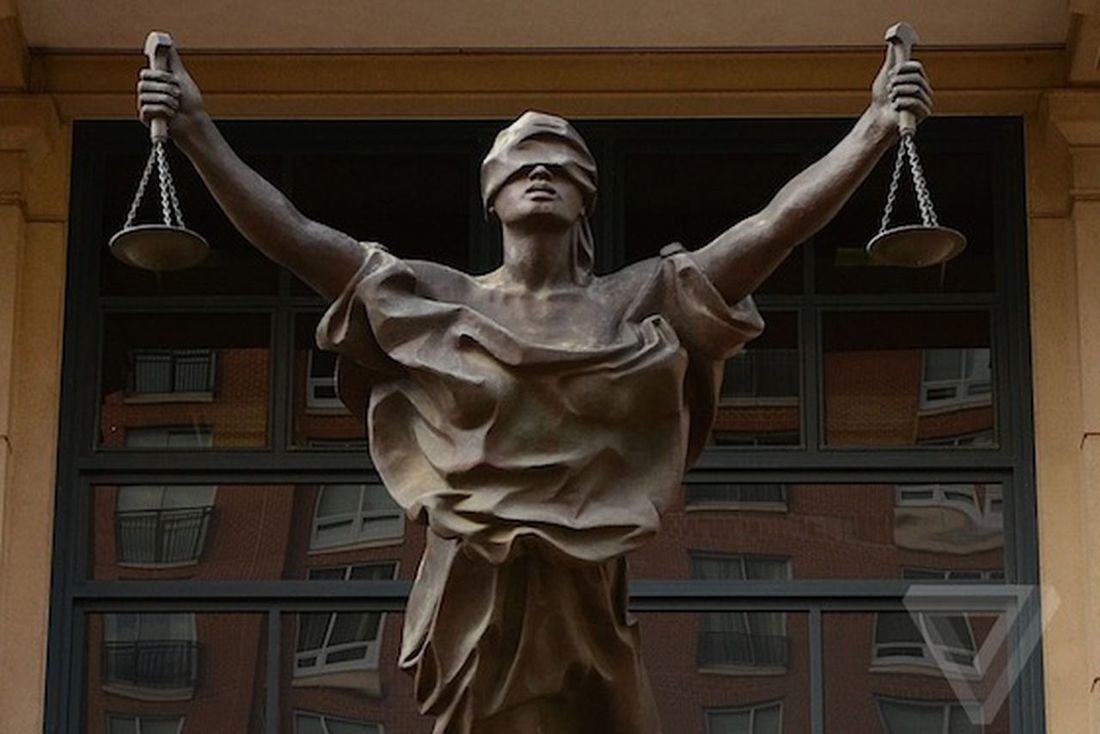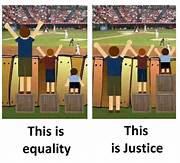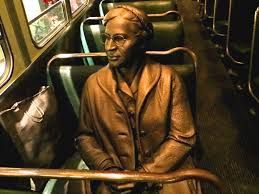The Call to Adventure
In The Call to Adventure, the hero receives (or is confronted by) a message about a wrong done, a problem, or challenge which needs to be addressed.
In The Hunger Games, Katniss prepares for the reaping. In The Wizard of Oz Dorothy faces a reality-changing tornado. In Star Wars: The New Dawn, Luke hears Obi-Wan's call to join the Force. And in The Fellowship of the Ring Frodo is faced with the truth of the one ring.
But to truly hear the call, and to journey forward, the hero must practice the virtue of Justice.
In The Hunger Games, Katniss prepares for the reaping. In The Wizard of Oz Dorothy faces a reality-changing tornado. In Star Wars: The New Dawn, Luke hears Obi-Wan's call to join the Force. And in The Fellowship of the Ring Frodo is faced with the truth of the one ring.
But to truly hear the call, and to journey forward, the hero must practice the virtue of Justice.
|
|
|
|
|

